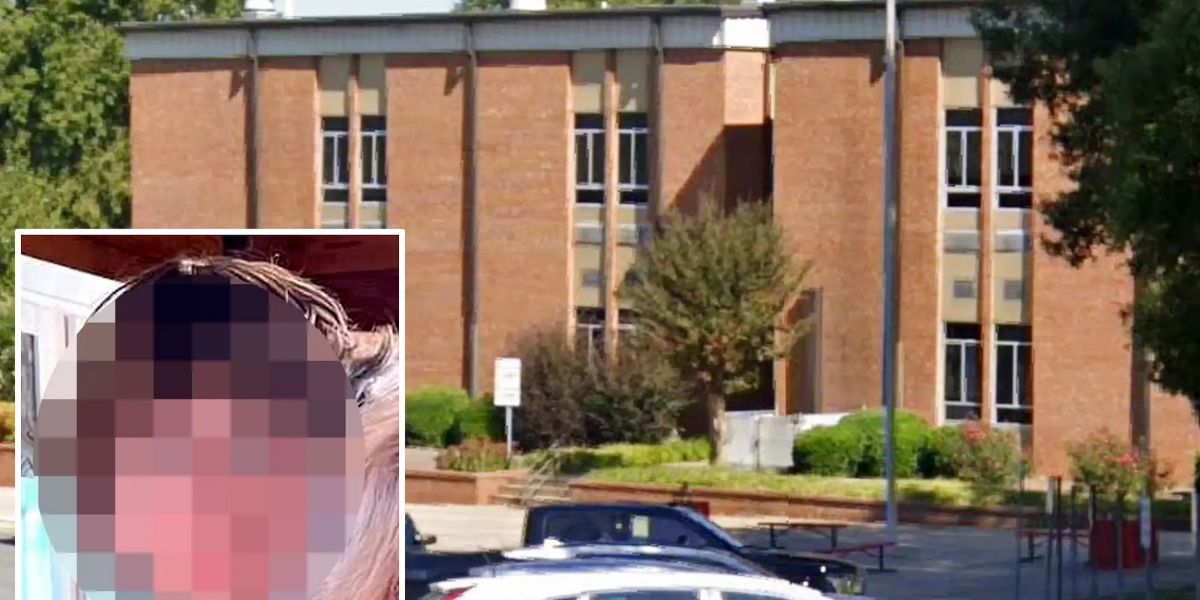SPRINGFIELD, Ill. — June 13, 2025
Illinois Secretary of State Alexi Giannoulias has called for an investigation into the Mount Prospect Police Department, alleging it violated state law by sharing automatic license-plate reader (ALPR) data with out-of-state agencies, including a Texas sheriff searching for a woman who had a self-managed abortion.
The incident has triggered sharp concern among privacy advocates and reproductive rights supporters, confirming fears that surveillance technologies could be misused to target women and undocumented immigrants in defiance of Illinois’ 2023 license-plate data protection law.
What Happened?
According to Giannoulias, the Mount Prospect Police Department responded to a data request from the Johnson County Sheriff’s Office in Texas, which was attempting to locate a woman after a reported self-administered abortion. The data, obtained via Flock Safety cameras, is supposed to be protected under Illinois law, which prohibits sharing for abortion-related or immigration enforcement purposes.
Mount Prospect is also accused of conducting at least 262 searches related to immigration enforcement between January and April, another clear violation of the law, Giannoulias said.
“License plate readers can serve as an important tool for law enforcement,” Giannoulias noted, “but these cameras must be regulated so they aren’t abused for surveillance or criminalizing lawful behavior.”
Potential Consequences
- Attorney General Review: Giannoulias has requested a formal review by the Illinois Attorney General’s Office.
- Loss of State Funding: If violations are confirmed, Mount Prospect could face cuts to state funding.
- Audit System: The Secretary of State’s office is establishing an audit mechanism to monitor and prevent future abuses.
Deputy Secretary of State Scott Burnham confirmed that Flock Safety, the private firm operating the ALPR cameras, has since blocked 62 out-of-state agencies from accessing data that could be tied to abortion or immigration enforcement.
Flock also implemented an automated flagging system to deny access to data requests using the terms “abortion” or “immigration.”
Legal and Privacy Concerns
Illinois is one of 22 states plus D.C. with shield laws that protect patients and providers from prosecution tied to abortion bans in other states. But privacy experts say data misuse is still possible due to a lack of national guardrails.
“We’re basically just asking cops to pinky-swear that they won’t misuse this data,” said Albert Fox Cahn, executive director of the Surveillance Technology Oversight Project. “And then we act shocked when they do.”
A Growing National Issue
The revelation underscores a national debate over cross-border surveillance and enforcement of restrictive abortion laws post-Roe v. Wade. It also raises questions about the role of private tech firms like Flock Safety in handling sensitive law enforcement data.
Local police agencies across Illinois will now be required to submit to audits, and state officials are considering additional legislation to bolster enforcement of existing privacy protections.
“This isn’t just about one town,” Giannoulias said. “It’s about making sure every agency in Illinois respects the law — and the rights of the people we serve.”




